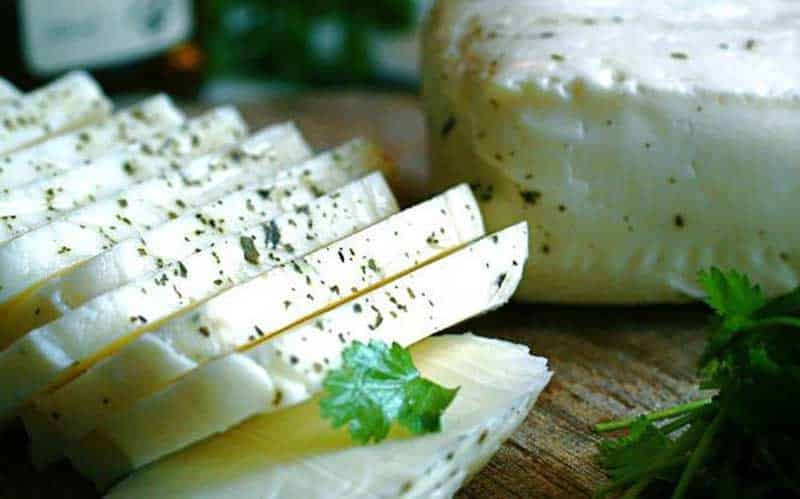The government has changed its strategy to increase the supply of sheep and goat milk used in making halloumi, after a meeting of the agriculture advisory committee on Monday.
In the presence of all farmers’ unions, the committee approved a set of targeted support measures, focusing on boosting the productivity of livestock farms.
The biggest change is the end of the head subsidy, which gave farmers money for each animal. Instead, support will now depend on how much milk a farm produces.
The aim is to increase the availability of sheep and goat milk for PDO halloumi, rewarding farms that meet the rising demand.
For 2025, farms producing at least 230 litres of milk per female animal per year will receive €19 per animal, up from €9. Farms producing between 115 and 229 litres will receive €5 per animal, but only for 2025.
The €4 million annual subsidy scheme for 2025-2027 will follow strict eligibility criteria, including a livestock census as of January, delivery of over 10,300 litres of milk to approved dairies for a one-year period, and active participation in milk-tracking software.
The new plan includes a three-year roadmap. Farms will need to reach 250 litres per animal by 2026, and 300 litres by 2027 to remain eligible for the higher subsidy.
In 2026, a single support category will apply.
Milk quantities for 2026 must be verified solely via the official digital milk transport platform based on the buyer’s declaration with a productivity target of 300 litres per animal.
The scheme has an annual budget of €4 million, giving farmers time to plan investments for the long term.
For the first time, subsidies will also be linked to digital records of milk output. A special software system will track production to ensure full transparency.
Only farms using this system and supplying milk to approved dairies will qualify for funding.
Agriculture Minister Maria Panayiotou and the farming unions urged livestock producers to improve their productivity and modernise farms.
They also encouraged them to make use of existing investment programmes aimed at helping farms become more efficient and sustainable.






Click here to change your cookie preferences